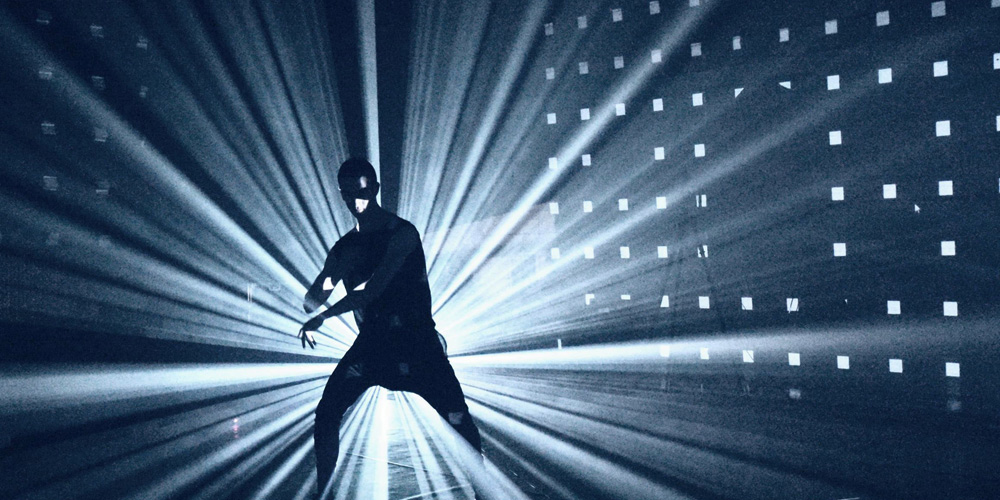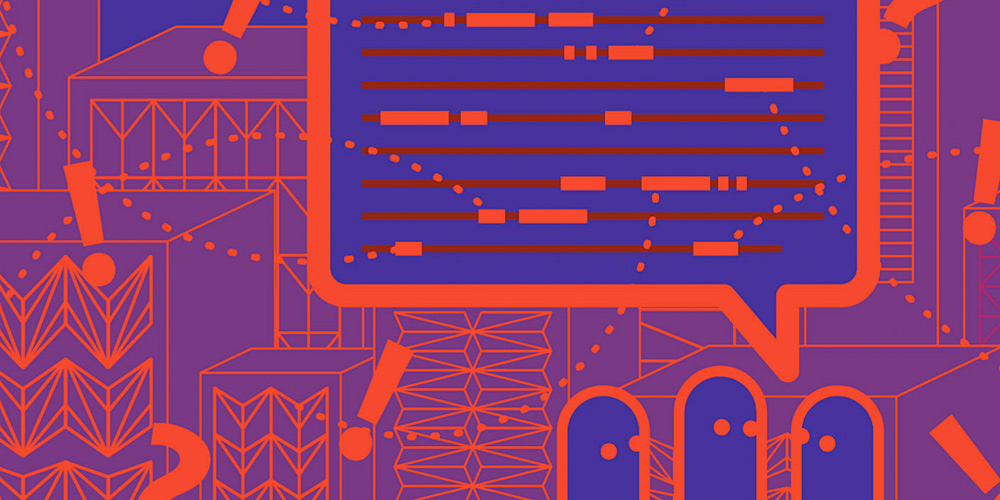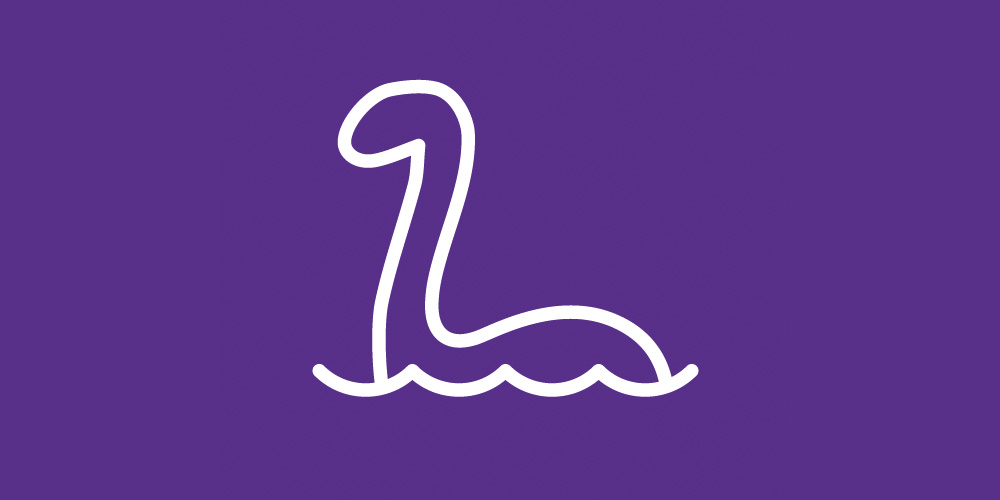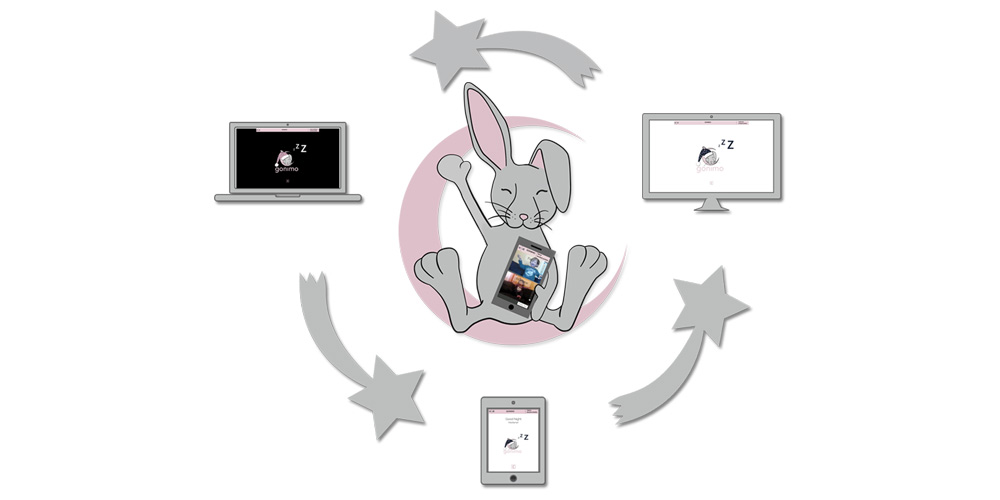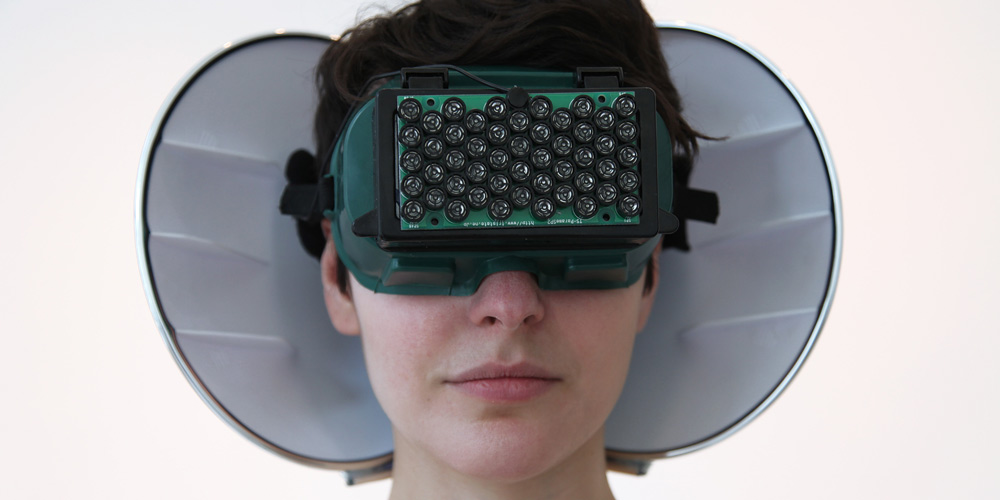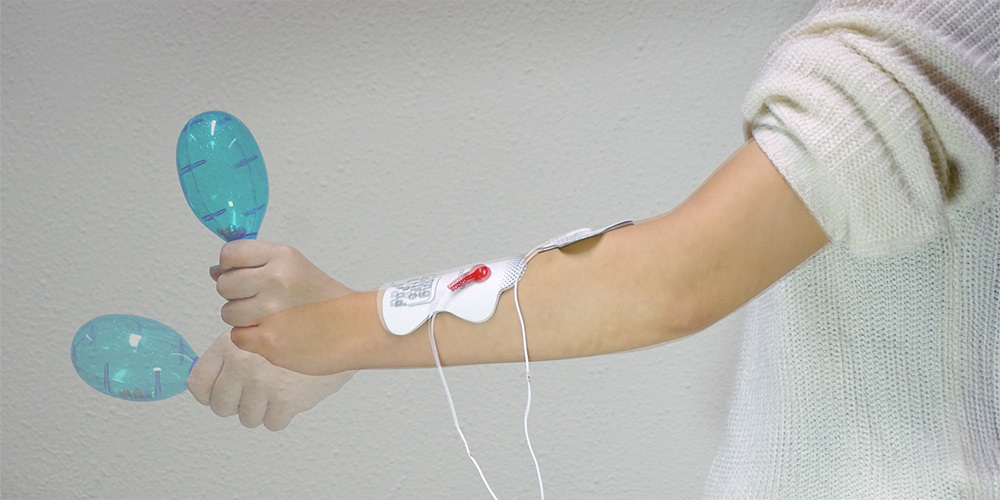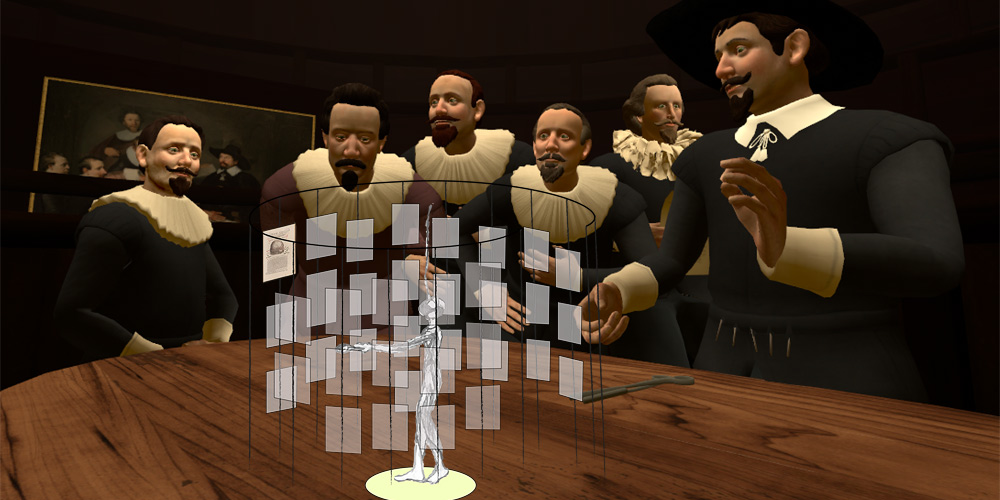
Credit: Alexandre & Isadora
Every year since 2002, Ars Electronica and the University of Art and Design Linz has hosted an exhibition by artists associated with an international higher-education institution whose curriculum takes an innovative approach to teaching media art and media culture.
Initiated by Prof. Reinhard Kannonier (University of Art and Design Linz) and Gerfried Stocker (Ars Electronica), the intention of the Campus format is to invite outstanding international universities working in the academic fields of media arts and design. Projects highlighted here represent the nature of the mission and activities of invited guest universities from all around the world. These showcases became an immanent part of the festival and an instrument to analyze and visualize different models of educational approaches in artistic and creative areas. It has also increasingly developed into a stage for contextualized works from alumni, professors or associates from the universities to map the identity of academic institutions, its history and current practice.
Part of Campus’s mission is to enable the presentation of young, local media artists and their work with international exposure. The Interface Cultures program of the University of Art and Design Linz annually presents a cross-selection from their masterclass works and, together with Ars Electronica, co-hosts one main featured partner university each year. The festival is increasingly becoming a platform for artistic and creative collaborations between Ars Electronica and various regional, academic partners, for example the Fashion & Technology, the Lab Creative Robotics and the Time-based Media program at the University of Art and Design Linz, the Anton Bruckner Private University Upper Austria or the University of Applied Science Upper Austria, Campus Hagenberg.
Campus is also a platform for international exchange between universities, leading to increasing collaboration between academic partners. In 2017, fifteen universities from many parts of the world are represented: University of Art and Design Linz (AT); University of California, Los Angeles (US); Aalborg University (DK); Aalto University, School of Arts, Design and Architecture (FI); Anton Bruckner Private University Upper Austria (AT); ArtCenter College of Design (US); Ludwig-Maximilian University of Munich, Institute for Art Education (DE); MIT Medialab (US); Queensland University of Technology (AU); State University of São Paulo, Arts Institute (BR); The University of Auckland (NZ); University of Tsukuba (JP); TU Vienna (AT); University of the Arts London (UK); University of Applied Science Upper Austria, Campus Hagenberg (AT).
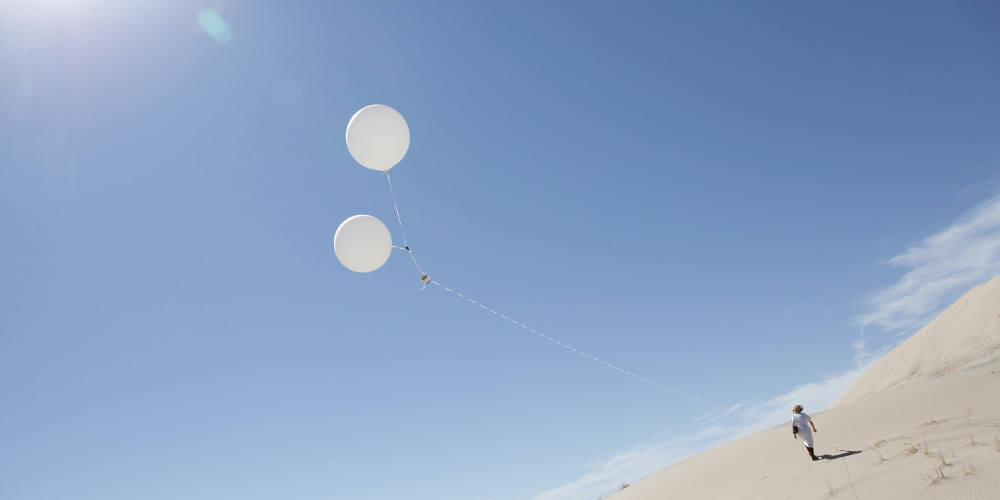
With the selected works, we aim to converge the issues in feminism with environmentalism. By framing the exhibition in this way, it is our hope to reinvigorate the eco-feminism that emerged in the 70s and was ignored for much too long. In this particular context, at the Ars Electronica festival in Linz, we address the local and transnational issues of feminism in media arts and the global issue of climate change.
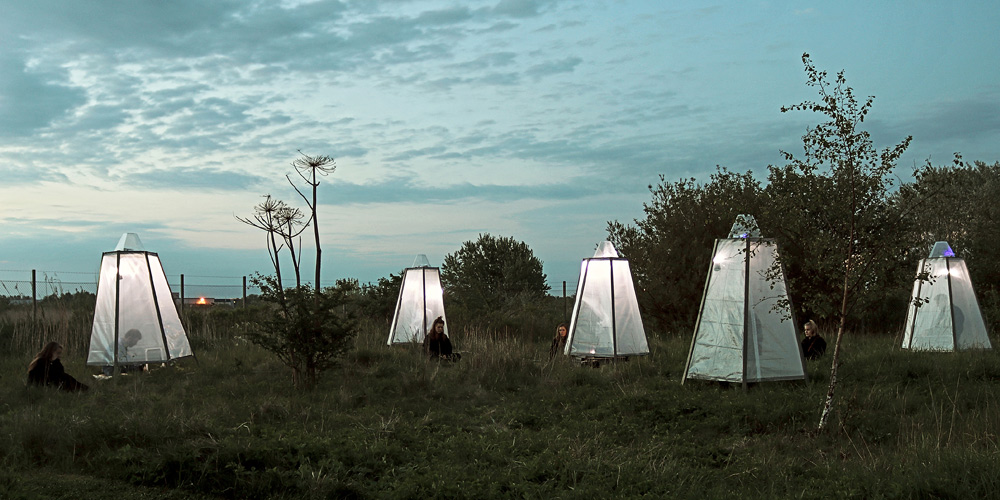
The exhibition “Roads Less Travelled by . . .” features student projects from the Art and Technology course and the Erasmus Joint Master in Media Arts Cultures at Aalborg University. All student projects are the results of critical academic inquiries into art, technology and culture involving problem-based research and learning processes.
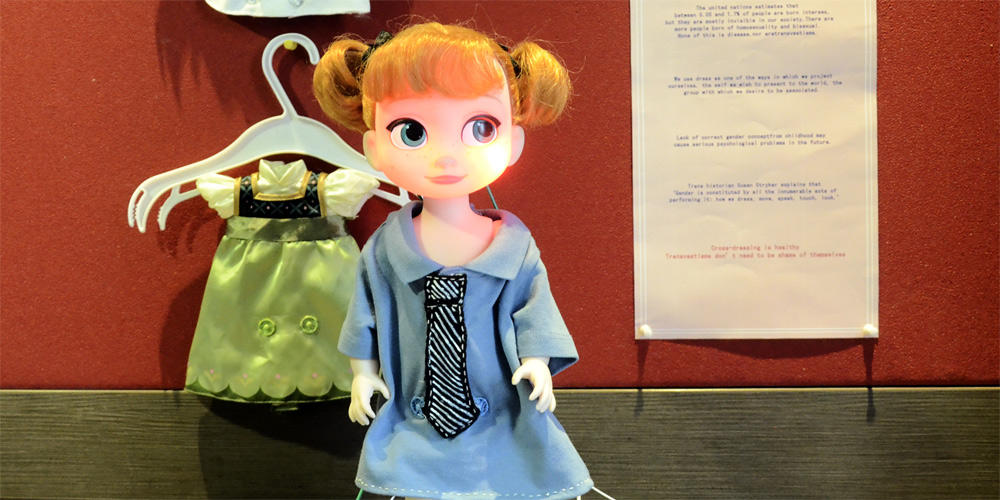
The exhibition “Sense of Space and Time” contains fourteen projects ranging between design, art and technology. The projects were created by bachelor’s students from the Institute of Art Education, School of Arts, Ludwig Maximilian University of Munich, and by master’s students from the LMU Department of Informatics.

The exhibition “Sense of Space and Time” contains fourteen projects ranging between design, art and technology. The projects were created by bachelor’s students from the Institute of Art Education, School of Arts, Ludwig Maximilian University of Munich, and by master’s students from the LMU Department of Informatics.
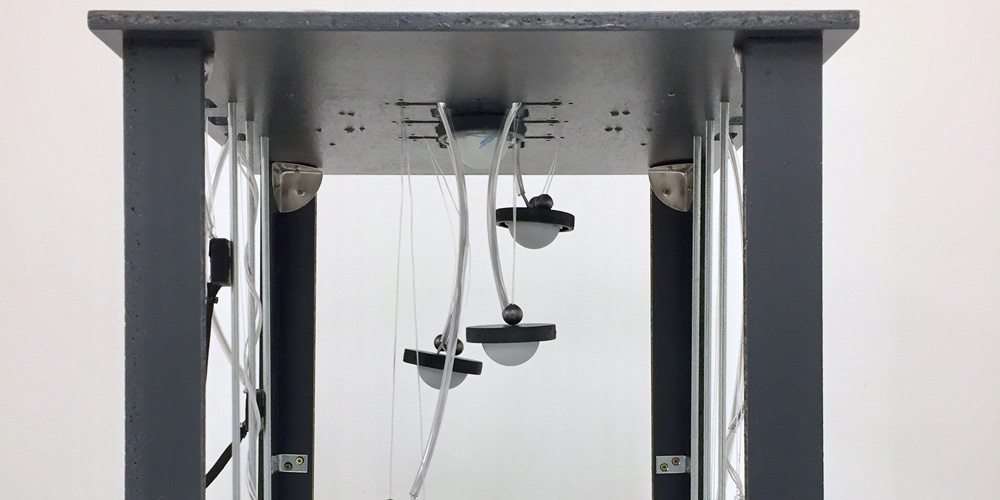
Students in the Interface Cultures master’s program experiment with the development of interactive prototypes, musical interfaces, conceptual installations and interaction critiques and also broaden their view by encountering and collaborating with other international fellows who are investigating these topics from a different cultural context. All the artworks, prototypes and various interfaces in this year’s exhibition have been made in Linz.
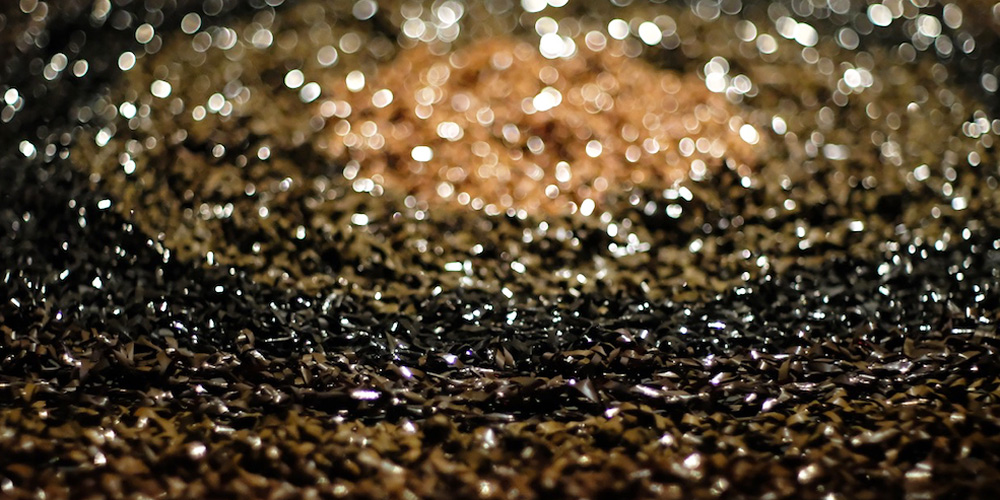
The three installations presented at the POSTCITY, laying out sonic spaces rather than musical sequences, reflect not only this fundamentally open approach to the question of what musical art is or could be these days, but also the media composition course’s deep integration into the university’s other fields of study.
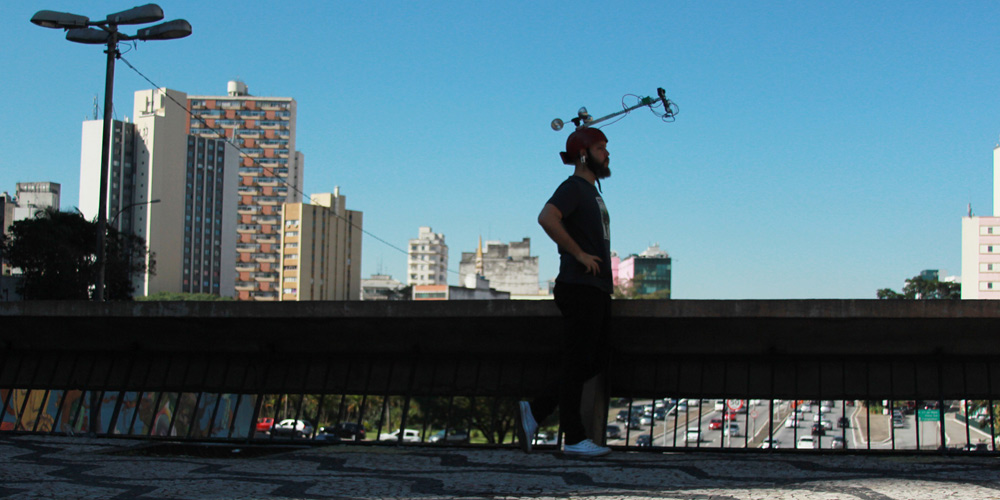
Natural Intelligence—NI is a selection of artworks from the research group GIIP and its partners. The assistive interfaces pursue the development of devices to enable people with physical and mental disabilities and/or immobility to talk, produce and teach arts—including three-dimensional scenery and sound.

